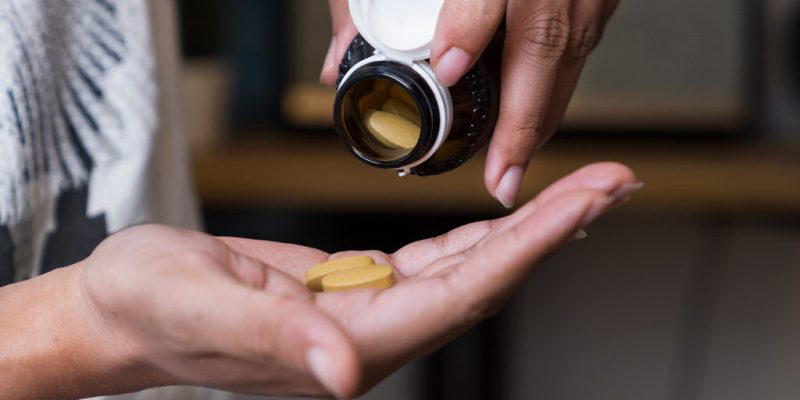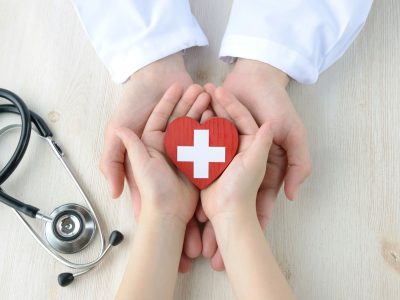
Symptoms of low testosterone include: Weight gain, muscular weakness, decreased libido, sleep disturbances, and depression. Physical changes may include: increased body mass and decreased muscle strength. Emotional changes may include: decreased sex desires, depression, or feelings of inadequacy.
There are several causes for the symptoms of low testosterone production. One of them is aging. Older men generally have lower testosterone production because their testes are no longer growing and producing sufficient hormone for their bodies. The other causes are diseases or conditions that affect the pituitary gland. Most commonly, these are hypothyroidism and hyperthyroidism.
There are many symptoms of low testosterone that may cause problems in men’s libido. As men get older, their levels of testosterone decrease. This is because their testes gradually slow down to the point that the hormone can no longer sustain its own growth. Physical changes, caused by diseases or conditions, can also increase testosterone levels.
Testosterone production, especially low levels of testosterone are related to libido. When men have low levels of testosterone, their erectile dysfunction and their libido suffer. When a man ages, the levels of testosterone drop gradually and become insufficient. Because older men have decreased testicles, their ability to produce testosterone drops below normal, and their sex lives suffer as well.
The therapy of low testosterone levels is called hypogonadism. It involves administration of synthetic hormones, usually testosterone, into the testicles of patients. The treatment usually lasts for six months to a year, and the patient may need hormone replacement therapy for up to three more months after ending the therapy. Hormone therapy is most effective if it is started after the age of 40.
Some of the common symptoms include impotence, decreased libido and erectile dysfunction. Patients should be aware of these symptoms and should consult a low testosterone and erectile dysfunction treatment center right away if they experience any of them. If you notice any of the symptoms, discuss your condition with your doctor, and he will evaluate your body and its medical condition and determine the best hormonal replacement therapy for your body.
There are several causes of hypogonadism. One of the causes is damage or destruction of the pituitary gland. There are two types of gland in the male reproductive system: primary pituitary gland and secondary pituitary gland. The primary pituitary gland produces testosterone, while the secondary pituitary gland produces the female sex hormone estrogen.
Common complications from hypogonadism include impotence, reduced sperm count, decreased libido, erectile dysfunction and decreased sex hormone levels. Most commonly, hypogonadism is caused by the pituitary gland disease. In some cases, low testosterone levels may also be caused by diseases such as testicular cancer, diabetes, enlarged prostates, hypothalamic lesions, pituitary gland tumors and brain tumors. Some of the side effects of this treatment are joint pain, reduced sexual desire and dysfunction in the genital region.
If you want to treat hypogonadism, your physician may recommend testosterone replacement therapy (TRT). However, TRT can be quite expensive and it can have unpleasant side effects like acne, acnementation, acne scars, acne fluid accumulation, mild enlargement of breast and enlargement of testicles. There are safer and less costly alternative that can help you to lower testosterone levels without side effects. You can try natural testosterone supplements for faster effects. With natural testosterone supplements, you don’t risk acquiring cancer or experiencing many unpleasant and uncomfortable side effects.
Low Testosterone makes it hard to have or even maintain erections. This can be one of the most frustrating causes of erectile dysfunction and impotence for men of all ages. Fortunately, Testosterone is necessary to maintain virility. Testosterone also stimulates the male reproductive tissues to form nitric oxide, making erections more difficult to achieve. If low levels of this hormone are present, a man might not be able to obtain an erection.
In addition to the inability to obtain erections, low testosterone levels can also cause other problems. They can interfere with the production of sex hormones, making it harder to achieve arousal and an intense sexual experience. When levels are low, men may notice difficulties achieving erection, memory loss and mood swings. They may also have less sex drive and experience pain during intercourse.
There are several causes of low testosterone, but most of them occur as the body’s production of this vital hormone decreases with age. One cause of hypogonadism is surgery. The other causes are inherited disorders, hormonal imbalances and drug side effects. Some medications, like some of the anabolic steroids, can also affect hypogonadism. A number of medical conditions, including congestive heart failure, diabetes and other cardiovascular diseases can lead to hypogonadism as well.
Poor nutrition and physical exercise are some of the other causes for low testosterone levels. Poor diet practices include eating too much protein, sugar, fat and carbohydrates. As well, physical inactivity can lead to poor levels of energy. When bodybuilders train or perform bodybuilding workouts, their energy levels are especially affected by the foods they consume.
If you think you may have Low Testosterone Syndrome, make sure that your doctor can properly diagnose and treat it. In some cases, low levels of testosterone may only be a symptom of another condition or disease. Your doctor may prescribe testosterone therapy if the symptoms persist. Common symptoms of Low Testosterone Syndrome include low energy levels and muscle mass reduction.
There are several options available to treat Low Testosterone Syndrome. It depends on the cause for the condition. Some doctors may recommend testosterone replacement therapy, while others may recommend dietary changes. If you have heart disease, your doctor might advise you to stop using testosterone supplements, or at least reduce your dosage. Other symptoms of Low Testosterone Syndrome are joint pain, decreased sexual desire and decreased bone density. Low Testosterone has been known to cause diabetes and osteoporosis in some cases.











